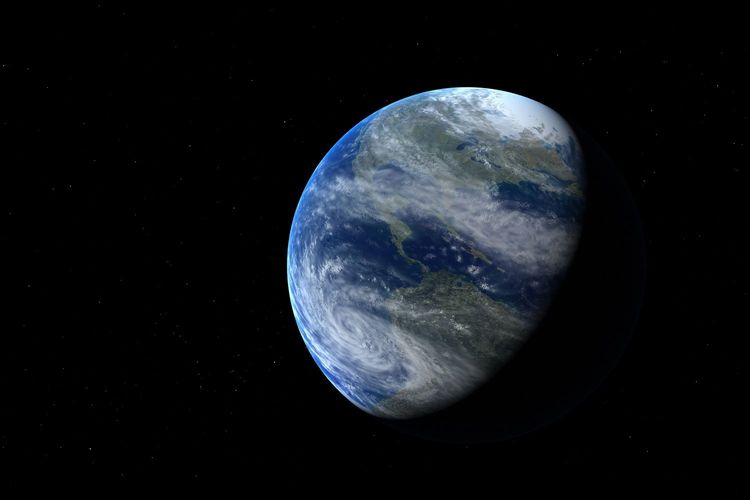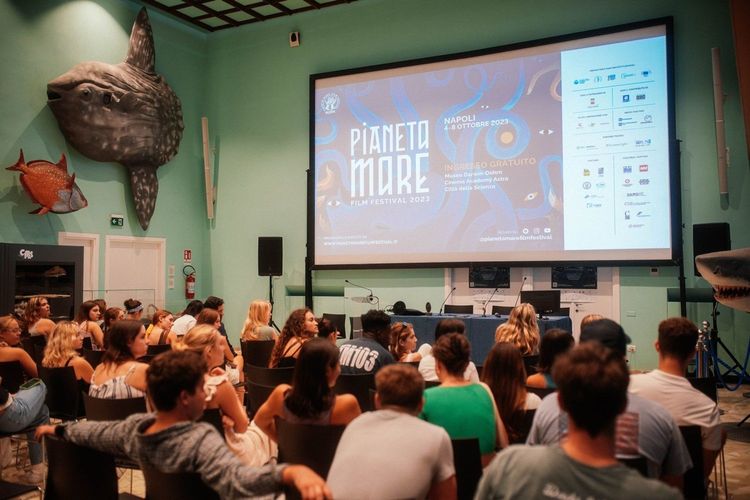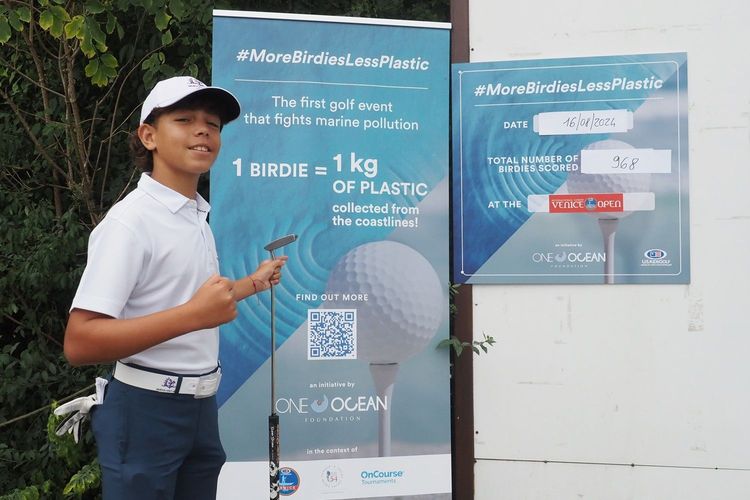
Why “ocean” and not “oceans”? A linguistic choice that reflects scientific truth and an ethical invitation.
When we talk about oceans, we often think of five major basins: the Pacific, Atlantic, Indian, Arctic, and Southern Oceans. That’s how we learned them at school. Yet the reality is simpler and deeper: there is only one ocean.
Over 70% of Earth’s surface is covered by a single, immense body of salt water that surrounds the Blue Planet. The names we use are useful for orientation, but they represent human subdivisions, not natural barriers. There are no walls or borders separating these waters: everything is connected.
A global system: the currents that unite the Planet
This interconnectedness is made clear by the system of ocean currents. Take the Gulf Stream: it starts in the Gulf of Mexico, touches the coasts of Western Europe bringing warmth, and regulates the climate of entire regions, even influencing Arctic temperatures.
Or imagine the so-called “ocean conveyor belt,” or thermohaline circulation: a global flow of water that links every corner of the ocean, transporting heat, nutrients, oxygen, and carbon dioxide in a constant cycle vital to the entire planet.
When ice melts in one part of the world, when winds or salinity change in a specific area, the rest of the ocean feels the effects. The warming of Pacific waters, for example, can influence rainfall seasons in Africa or crop yields in South America: this is the phenomenon known as El Niño.
A less anthropocentric vision
Using “ocean” in the singular is not just about precision. It’s an invitation to change perspective. As oceanographer Sylvia Earle reminds us, echoing the words of science fiction writer Arthur C. Clarke: “We should call Earth ‘Ocean,’ because all the land masses are islands.”
Recognizing the ocean as a single organism helps us grasp its essential role:
- It produces over 50% of the oxygen we breathe;
- It absorbs around a quarter of the CO₂ emitted by human activities;
- It regulates the global climate and temperatures;
- It provides food and resources to billions of people.
The ocean is one: vast, but finite. Its apparent immensity should not fool us. What happens in one part of the planet has consequences everywhere. A buildup of plastic in the Pacific is not a “distant” problem, just as acidification or biodiversity loss in a remote corner has global repercussions.
That’s why speaking of “the ocean” in the singular is not just a linguistic curiosity, it’s an act of responsibility. It means recognizing the profound interconnectedness between marine ecosystems and our own lives, and committing to protect it as the one, precious blue heart of our planet.


